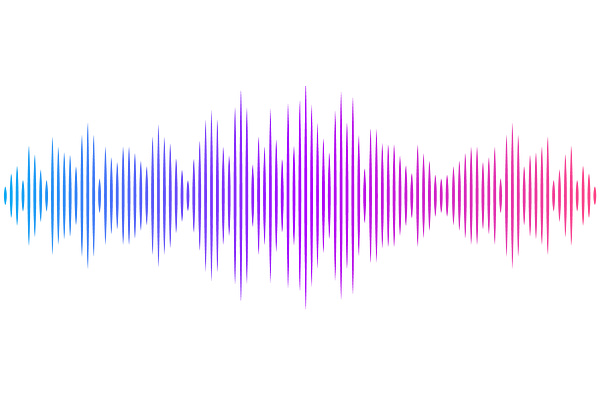Immune activation of primary human macrophages is suppressed by the coordinated action of Yersinia effectors

Immune activation of primary human macrophages is suppressed by the coordinated action of Yersinia effectors
Bekere, I.; Rob, S.; Lübbe, J.; Kulnik, S.; Berneking, L.; Huang, J.; Schnapp, M.; Diercks, B.-P.; Carsten, A.; Ruckdeschel, K.; Aepfelbacher, M.
AbstractIn order to suppress the host immune response, numerous bacterial pathogens utilise a type 3 secretion system (T3SS) that injects effector proteins into host target cells. We investigated the T3SS effectors of Yersinia enterocolitica (Yops) for their individual and combined effects on gene expression, inflammasome formation and calcium signaling in primary human macrophages. YopP efficiently suppressed the up- and down-regulation of thousands of macrophage genes induced by the bacterias inflammatory stimuli. This was accompanied by parallel changes in histone 3-serine 10 phosphorylation, suggesting a higher-level regulatory mechanism. Surprisingly, YopM and YopQ counteracted selected YopP effects on gene expression, e.g., of cytokine pathways. A combination of YopP and YopQ, but not other combinations of Yops or any single Yop, reduced inflammasome formation. YopH alone blocked calcium transients in infected macrophages. We propose that the T3SS effectors of Yersinia antagonistically, synergistically or individually subdue major immune pathways of human macrophages to jointly suppress macrophage activation.